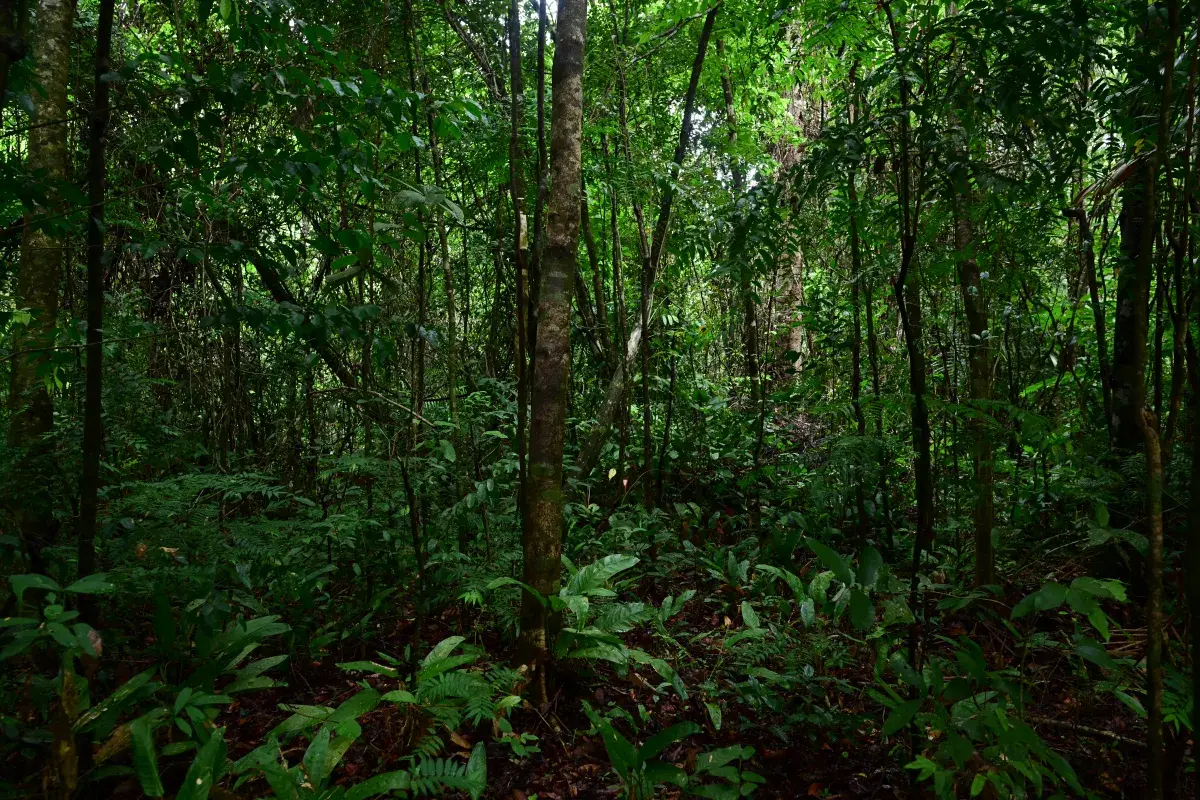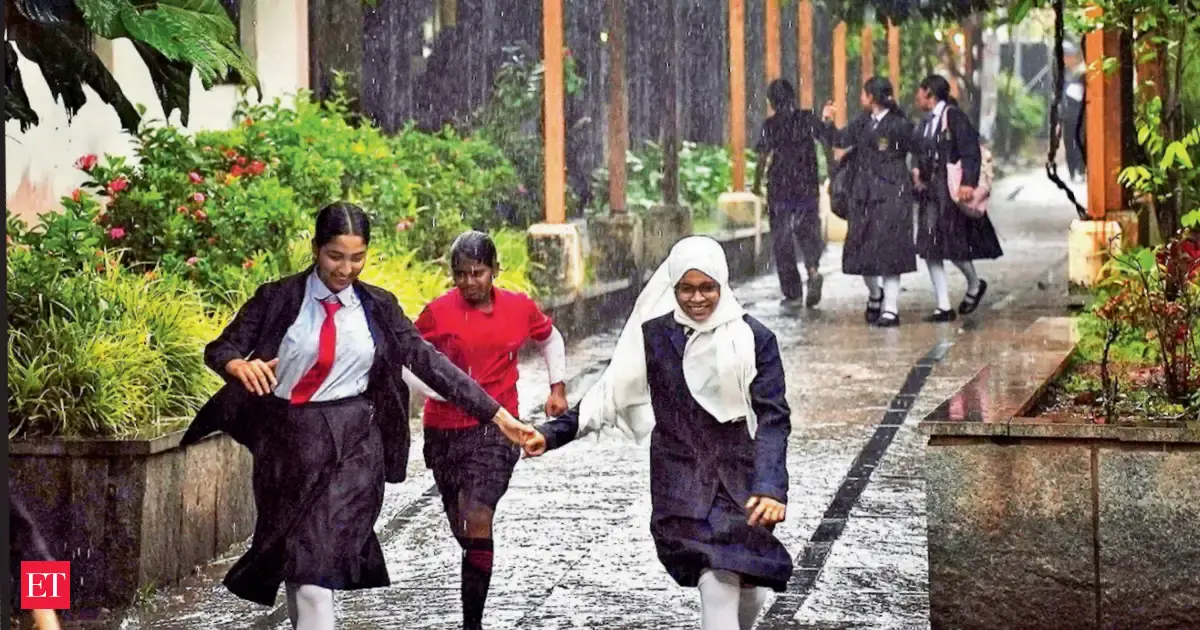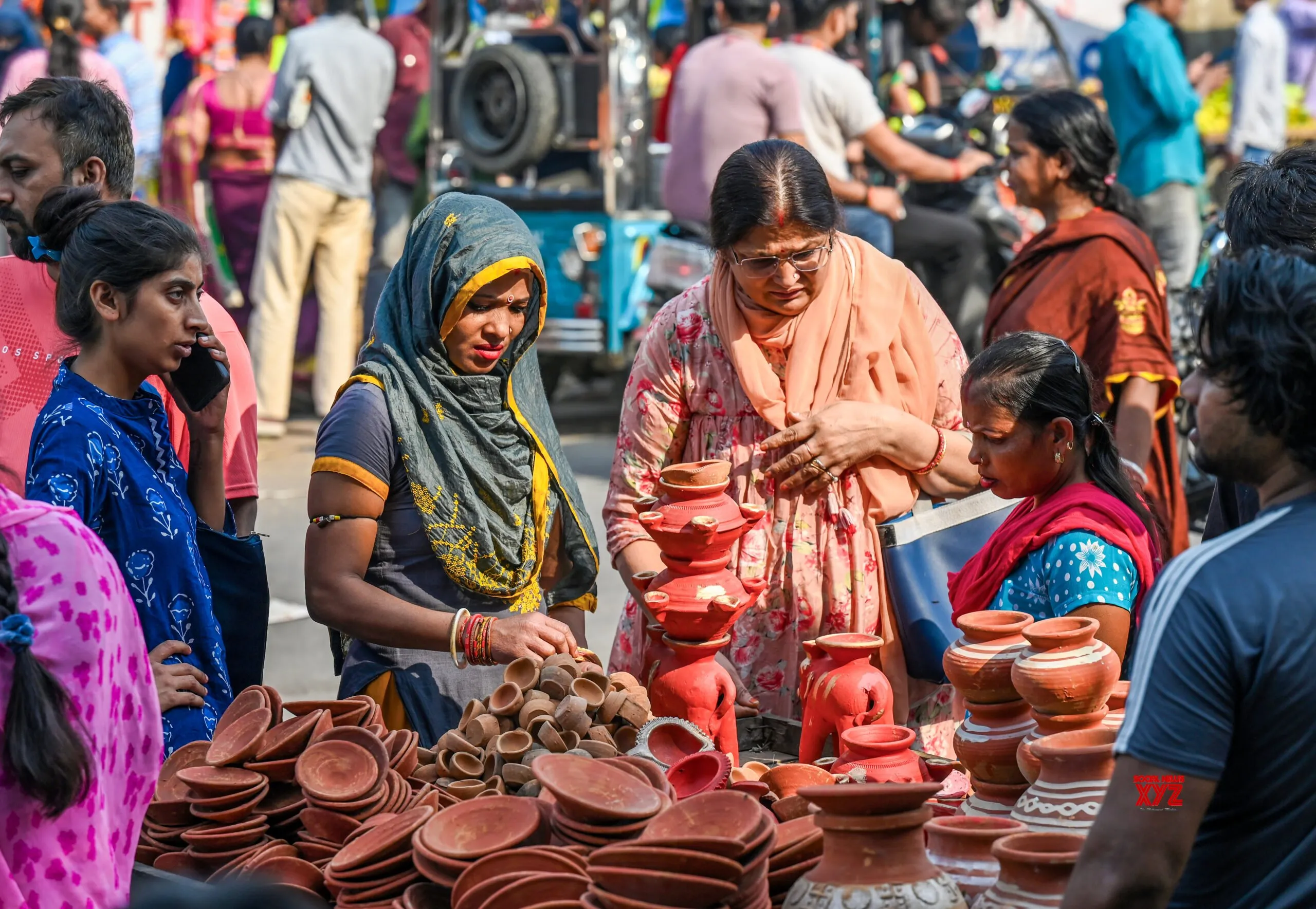Copyright Newsweek

The Amazon stands at a decisive crossroads. This is not the language of alarmism, but a statement of fact. The world’s most biodiverse tropical forest has already lost 16 percent of its cover; more than 23 percent of its ecological connectivity is fragmented; and at least 26 percent shows signs of degradation. These figures are not merely environmental statistics—they are warning signals that the Amazon’s capacity to regulate water cycles, sustain genetic flows, support millions of lives and stabilize the global climate is under threat. Yet the Amazon is not just a vulnerable biome. It is a living territory sustained by Indigenous peoples and local communities who regenerate the forest through their lifeways. For decades, they have defended what states have neglected. Confronting the climate crisis now requires more than science—it calls for a political and cultural shift that recognizes Indigenous ecological wisdom as vital to planetary survival. This November, COP30 in Belém, Brazil, offers a historic moment: the Amazon hosting the world’s main climate summit. Its outcome depends on whether humanity acts with the urgency this living forest demands. To that end, 12 regional networks—representing over 450 civil society organizations and 300 scientists—have joined to form the Amazonian Network of Networks, united by the belief that only collective action can meet the crisis. Guided by a vision of the Amazon as a single biocultural system beyond borders, we created the Pan-Amazonian Climate Pact, grounded in local resistance, research and spiritual visions to protect life. The Pact outlines five pillars for structural action toward COP30. The Amazon’s future depends on keeping its lands, waters and peoples connected; when these links break, the forest can no longer regulate climate, sustain biodiversity, or support life. Between 1985 and 2022, this connectivity has been severely disrupted. Fragmentation across the Amazon doubled in this period, affecting 193 million hectares of land, and another 13 percent of the region is already in advanced stages of degradation. Roads, dams, and deforestation are among the main culprits. Our first call to COP30 is for countries to adopt connectivity as a shared regional strategy—a guiding principle for environmental and development policies that will help prevent further fragmentation of this unique biome. Protecting connectivity also means protecting the people who defend it. The Amazon faces serious cross-border threats: illegal mining, drug trafficking, timber and wildlife smuggling, fires and land grabbing. Indigenous peoples and local communities stand on the frontlines against these destructive forces, often at great personal risk. In 2023, 196 environmental defenders were killed, more than half of them in Amazonian countries. These defenders are essential to the forest’s resilience. Our second call to COP30 is to recognize their vital role, guarantee their participation, protect their territories and establish concrete security and prevention mechanisms to ensure their safety. Beyond defense, the Amazon also needs space to thrive. Across the region, Indigenous peoples and local communities have developed sustainable models of production that protect ecosystems while ensuring food security and livelihoods. These initiatives offer a vision of development grounded in coexistence rather than extraction. Our third call to COP30 is for states to strengthen enabling strategies for the Amazon’s socio-bioeconomies—through public policies, investment, sustainable infrastructure and legal recognition of communities’ rights to decide their own futures. Supporting these models will allow them to grow and form the backbone of a sustainable Amazonian economy. Because the Amazon spans several countries, action must be coordinated at a regional level. Forests and rivers do not follow national borders, and neither do the threats that endanger them. The Belém (2023) and Bogotá (2025) Declarations already highlight the urgency of acting together. Our fourth call to COP30 is for Amazonian countries to work as a unified bloc, setting shared climate targets in their nationally determined contributions (NDCs) and creating a regional mechanism to protect the biome’s ecological and cultural connectivity through coordinated mitigation and adaptation efforts. Finally, protecting the Amazon requires adequate resources—and fair financial systems to deliver them. At COP29, countries agreed to mobilize at least $300 billion a year by 2035 to address the climate crisis. A fair share of these funds must reach the Amazon. Our fifth call to COP30 is to secure a financial position that prioritizes the Amazon, with clear rules for access, transparency, climate justice and social and environmental safeguards. Crucially, Indigenous peoples and local communities must have direct access to these funds to lead the solutions on the ground. None of this will be possible without political will. We are living through a profound rupture in our relationship with the planet and other forms of life. Overcoming it requires transforming how we inhabit and govern the Amazon. The knowledge to do so already exists—in science and in the knowledge systems of the peoples who have protected this territory for generations. Listening to them and acting collectively is our responsibility. The ecological point of no return is also a political boundary: crossing it through inaction would mean renouncing, as a region and as humanity, a shared future. Paulo Ilich Bacca is deputy director of Dejusticia and member of the Amazonian Network of Networks. Luisa Fernanda Bacca is co-director of the Pan-Amazonian Institute (IPA) and member of the Amazonian Network of Networks. The views expressed in this article are the writers’ own.



